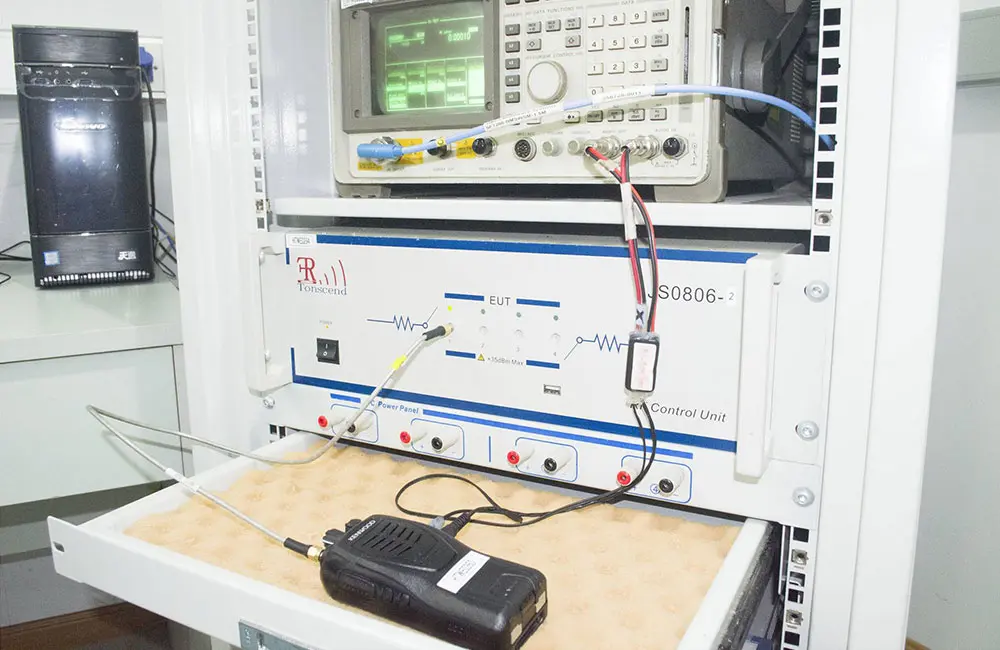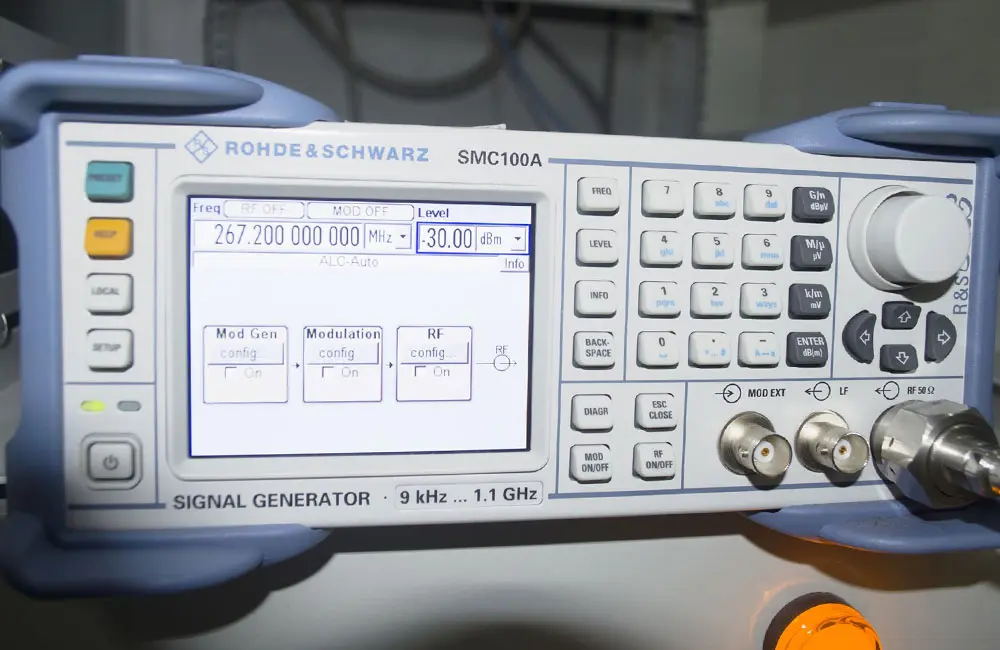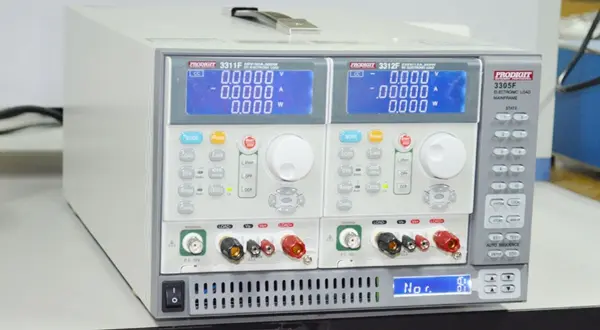
U.S. Agent for Service of Process
What is a United States Agent?
In the context of cross-border e-commerce, a United States Agentrefers to an individual or agency based in the U.S. that assists and represents foreign manufacturers or sellers in communicating and coordinating with relevant U.S. regULatory bodies (such as the FCC, CPSC, etc.) and provides necessary support services.
The U.S. Agent plays a crucial role in product certification, customs declaration, and after-sales service. In the U.S., certain products must undergo certification from regulatory bodies like the FCC (Federal Communications Commission)or CPSC (Consumer Product Safety Commission)before they are marketed to ensure compliance with applicable laws and standards.

To complete these certifications, cross-border sellers are typically requiRED to provide U.S. Agent information, which allows a legitimate U.S.-based representative to handle related matters.
Additionally, the U.S. Agent provides support for product shipment and customs clearance. In cases where goods are detained by customs, having a registered U.S. Agent can help expedite issue resolution. The presence of a U.S. Agent ensures that sellers better comply with U.S. regulations and maintain product compliance in the U.S. market.
In summary, a United States Agent is essential for ensuring compliance, completing certification processes, and managing post-sale issues—especially for cross-border sellers aiming to sell in the U.S. market.
1. What is a United States Agent?
A United States Agentis a legally designated representative in the U.S. for any foreign entity that manufactures, processes, produces, assembles, or imports products into the United States. The U.S. Agent must be a qualified business or institution, not an individual, with the capacity to maintain continuous communication with regulatory bodies.
According to U.S. regulations from the FDA, FCC, CPSC, and others, foreign sellers involved in medical devices, cosmetics, food, pharmaceuticals, laser products, wireless products, children’s toys, maternity and baby items, and more must register and appoint a U.S. Agent before entering the market.
Requirements for a U.S. Agent include:
a. A commercial business location in the U.S.
b. Verifiable documentationproving business operations (e.g., business utility bills or corporate bank statements)
c. Ability to receive calls or mail during U.S. business hours
d. Email-only or personal addressesare not compliant
Major e-commerce platforms such as Amazon, TEMU, and SHEINalso require sellers to comply with these rules. Using a shell corporation(a company without real operations) as a U.S. Agent is a violation and can result in rejection by authorities or platforms and detention of goods at customs.
2. Which Sellers Must Register a United States Agent?
Sellers are required to register a U.S. Agent if they:
1. Sell products within the United States
2. Sell products requiring certifications such as FCC, CPSC, FDA, EPA, DOE, Law Label, Energy Star, etc.
3. Are manufacturers located outside the U.S.
Applicable Scenarios:
1. Products requiring FCC certification:
WiFi devices, Bluetooth devices, smartphones, computers, fax machines, electronic devices, radio transceivers, RC toys, telephones, etc.
2. Products requiring CPSC Certification:
Children’s toys, cradles, baby carriers, children’s clothing, etc.
3. Products requiring FDA certification:
Medical devices, cosmetics, food, beverages, drugs, laser products, etc.
4. Products requiring epa certification:
a. Pesticides such as insecticides, rodenticides, herbicides, fungicides, repellents, and antiMICrobial products.
b. Pesticide devices like UV devices, sound emitters, bug zappers, vibration devices, water/air treatment devices, etc.
5. Products requiring Energy Label certification:
TVs, refrigerators, freezers, washers, air conditioners, central AC units, dishwashers, water heaters, ceiling fans, pool heaters, heat pumps, furnaces, boilers, etc.
3. Risks of Not Having a United States Agent
When exporting children’s toys, electronics, or other regulated goods to the U.S., shipments are often randomly inspected by U.S. Customs or other regulatory agencies. These agencies may request U.S. Agent contact information and documentation.
Potential risks of not having a U.S. Agent include:
1. Detention of goods or legal actions
2. Fines or product bans
3. Platform account restrictions or suspension
Additionally, platforms like Amazonrequire:
a. Sellers of children's toys to provide CPC certificateswith U.S. Agent details
b. Sellers of electronic products to provide fcc certificateswith U.S. Agent information
Failure to do so may lead to product delisting.
4. Duties and Functions of a United States Agent
The role of a U.S. Agent is similar to that of an EU or UK representative. Their responsibilities include:
Primary Responsibilities:
1. Ensuring the manufacturer's or seller's products comply with U.S. laws and regulations
2. Assisting in product registration for legal market entry
3. Ensuring labeling and packaging meet U.S. requirements, including warnings, instructions, and other mandatory markings
Additional Duties:
1. Communicate with U.S. regulatory agencies like the FDA, resolving compliance issues
2. Supervise the manufacturer’s quality management systems
3. Record and report product safety and compliance data as needed
4. Act as the legal point of contact for foreign companies in the U.S.
5. Serve as a communication bridge between agencies/platforms (FDA, FCC, CPSC, etc.) and cross-border businesses
6. Support businesses during audits, document submissions, and official correspondence
5. How to Appoint a United States Agent
Step-by-Step Process:
1. Choose a Compliant Agent
Select a registered U.S. company with a physical business presence and compliance experience.
2. Submit Required Documentation
Provide manufacturer details, product information, proof of registration, production qualifications, etc.
3. Sign a Representation Agreement
Clearly define responsibilities and obligations in a formal contract with the U.S. Agent.
4. Validity Period
U.S. Agent certification is valid for one year. Renewal should be done before expiration to maintain compliance.
6. How to Use U.S. Agent Information
1. During Certifications
Include U.S. Agent details in FCC, EPA, FDA, and other regulatory applications.
2. On E-Commerce Platforms
Upload U.S. Agent details when submitting FCC or CPC certificates in seller dashboards (e.g., Amazon Seller Central).
3. On Product Packaging
Print U.S. Agent contact details and labels on the product packaging for customs inspections and regulatory audits.
Conclusion
In recent years, U.S. authorities and major platforms like Amazon, TEMU, and SHEINhave significantly tightened their scrutiny on product compliance. Sellers without a legitimate and compliant United States Agentrisk having goods detained at customs or products removed from the platform.
To ensure smooth operations and market access, cross-border sellers must appoint a qualified U.S. Agent and remain vigilant with all compliance requirements.
Email:hello@jjrlab.com
Write your message here and send it to us
 UL 1598 Luminaire Safety Test Items and Procedures
UL 1598 Luminaire Safety Test Items and Procedures
 Introduction to UL 60745-1 Test Items
Introduction to UL 60745-1 Test Items
 EU GPSR Certification Test Items and Processes
EU GPSR Certification Test Items and Processes
 Introduction to EU RoHS Test Items
Introduction to EU RoHS Test Items
 Introduction to IP68 Testing Standards and Methods
Introduction to IP68 Testing Standards and Methods
 CE-RED Certification Test Process for Wireless Pow
CE-RED Certification Test Process for Wireless Pow
 IEC 63000 Test Report Process Guide
IEC 63000 Test Report Process Guide
 LFGB Food Contact Test Report
LFGB Food Contact Test Report
Leave us a message
24-hour online customer service at any time to respond, so that you worry!




